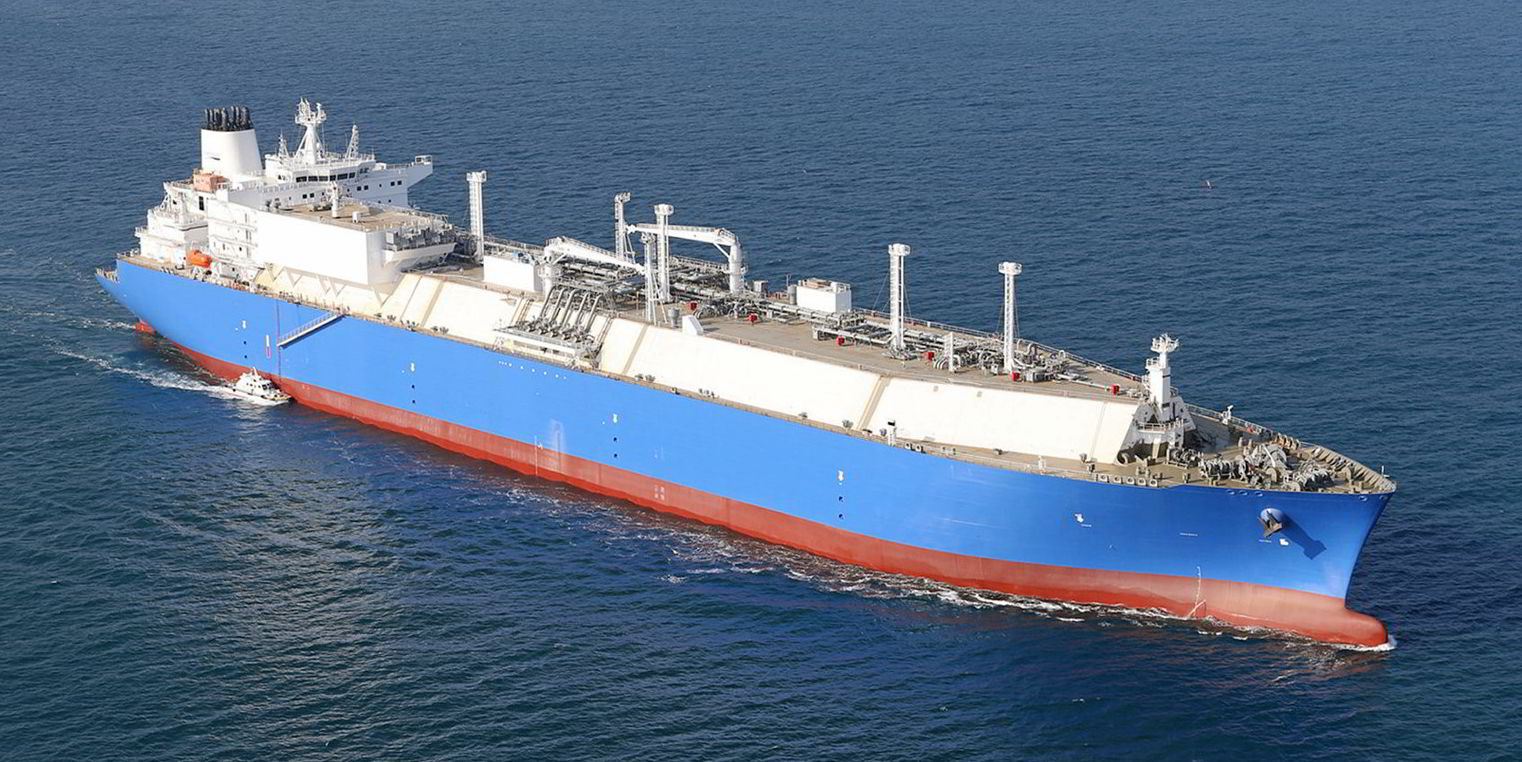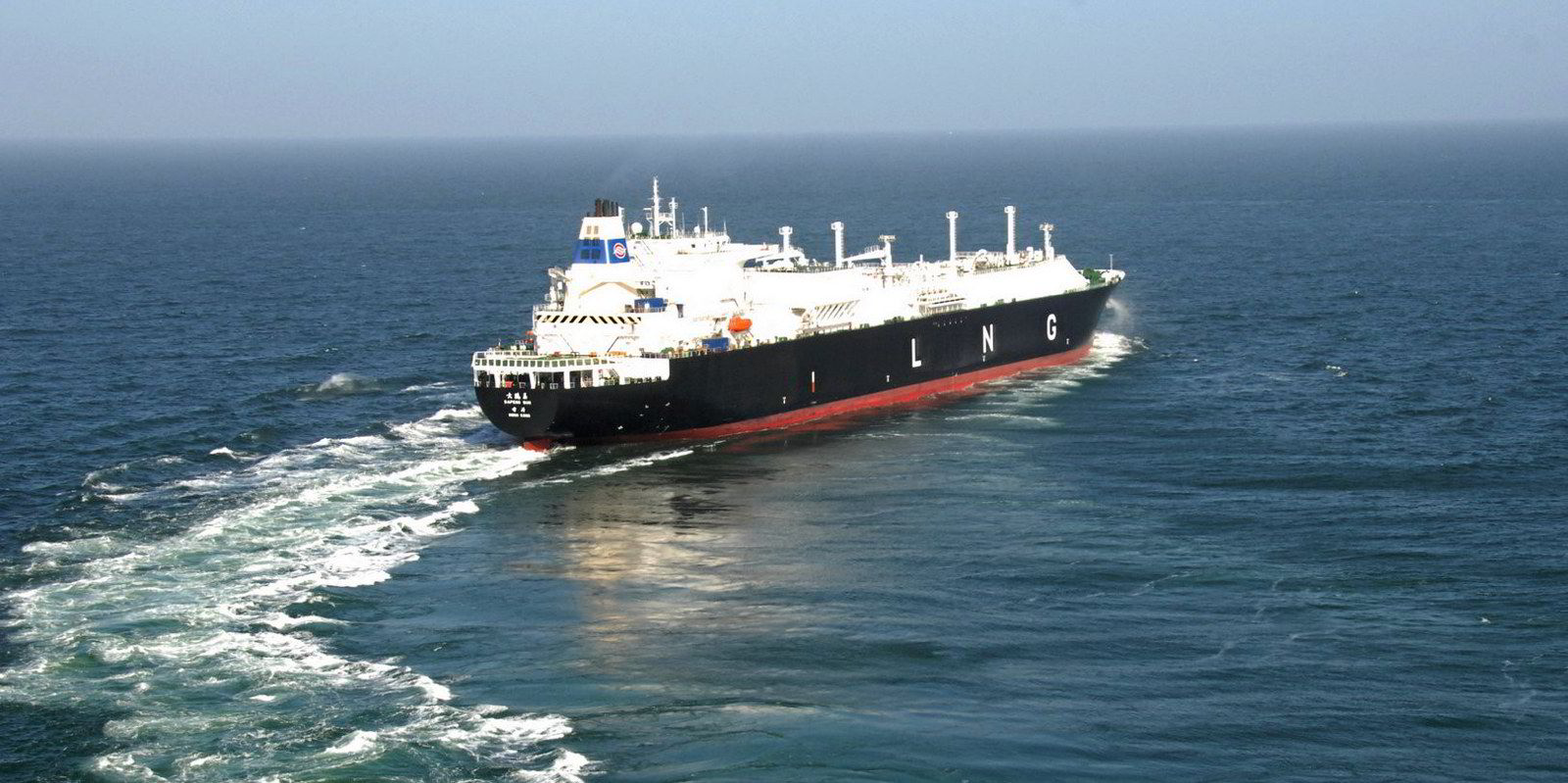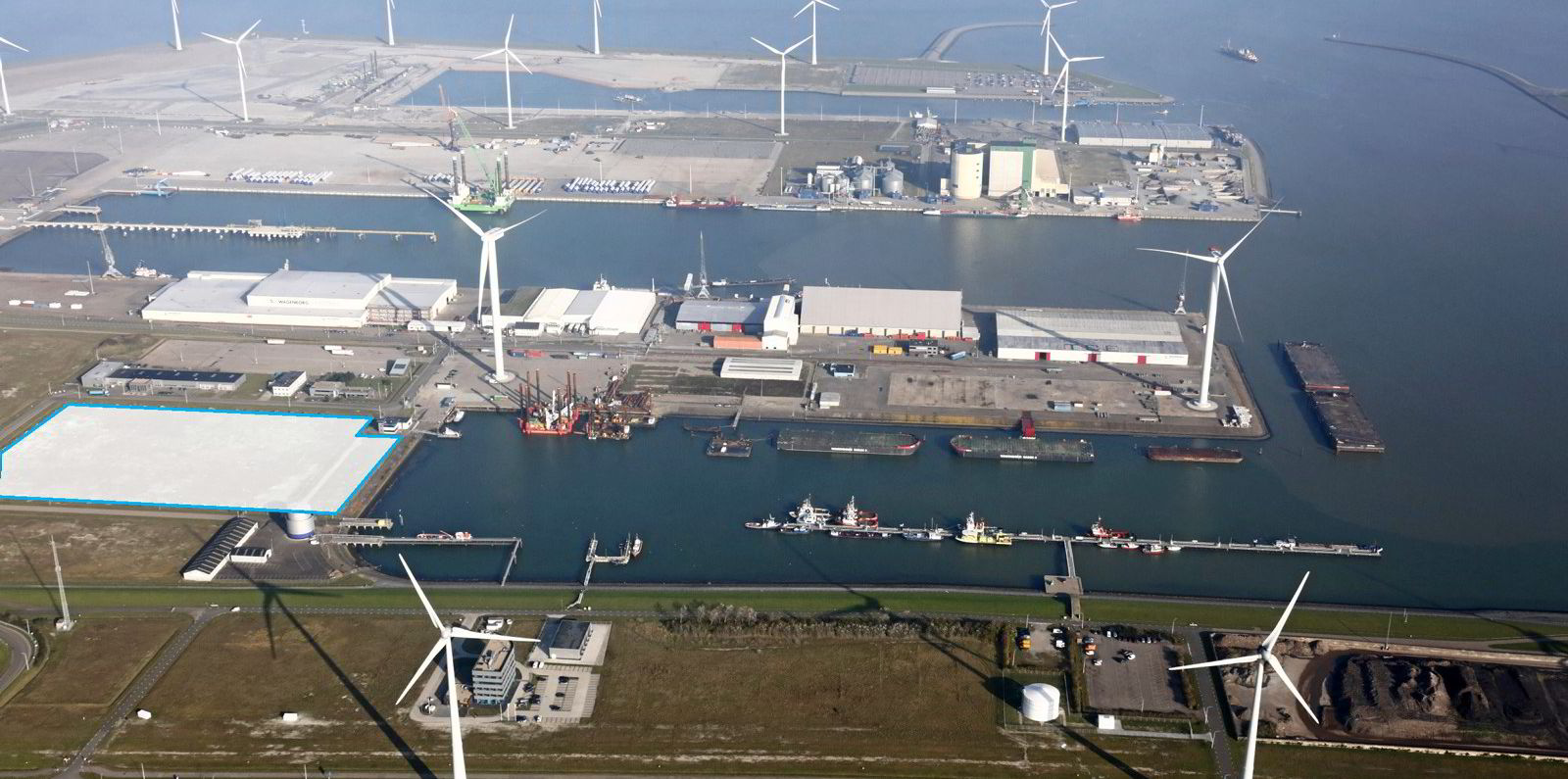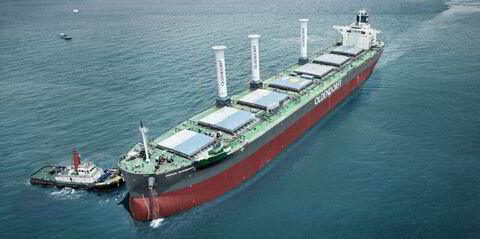European Union imports of Russian LNG hit an all-time high in the first half of 2022, highlighting the difficulties the continent faces in weaning itself off Moscow’s energy supplies.
Between January and June, the EU imported 8.8m tonnes of LNG from Russia, up by 36.9% year on year compared with 6.4m tonnes 12 months ago, according to Banchero Costa (Bancosta).
“This was an all-time record. The EU has never imported as much LNG from Russia as this year,” the Italian broker said in its weekly market report.
“In fact, May 2022 was an all-time record month for Russian LNG imports into the EU … with 1.7m tonnes of LNG imported from Russia, up 35.8% year on year.”
In the first half of 2022, Russia accounted for 18.1% of the EU’s LNG imports.
The EU is now the largest seaborne importer of LNG in the world, with a 24% share in the first half of 2022, said Bancosta.
During those six months, the EU saw LNG imports surge almost 60% year on year to 48.8m tonnes.
The EU is now ahead of Japan with a 19% market share, mainland China, which has now slipped to third place, with 15% and South Korea with 11%.
The UK has become the world’s fifth-largest importer of LNG, overtaking India, and accounting for 5% of global imports.
In the first half of 2022, LNG imports into the UK jumped 43.3% year on year to 10.6m tonnes versus the 7.4m tonnes seen 12 months earlier.
The US is now the world’s largest seaborne exporter of LNG, accounting for 21% of global volumes, ahead of Australia on 20% and Qatar on 19%.
Russia is in fourth place with an 8% share of the market.
Shipments from Russia increased this year, by an impressive 8.8% year on year to 17m tonnes and are now the highest on record, according to Bancosta.
Separately, the EU’s imports of diesel from Russia increased by 22% in July to 700,000 barrels per day, according to tanker tracking company Vortexa.
“We’re very far from Europe replacing Russian diesel,” Vortexa chief economist David Wech told The Financial Times. “I wonder whether Europeans will manage to fully carry through on the announced diesel import ban.”





